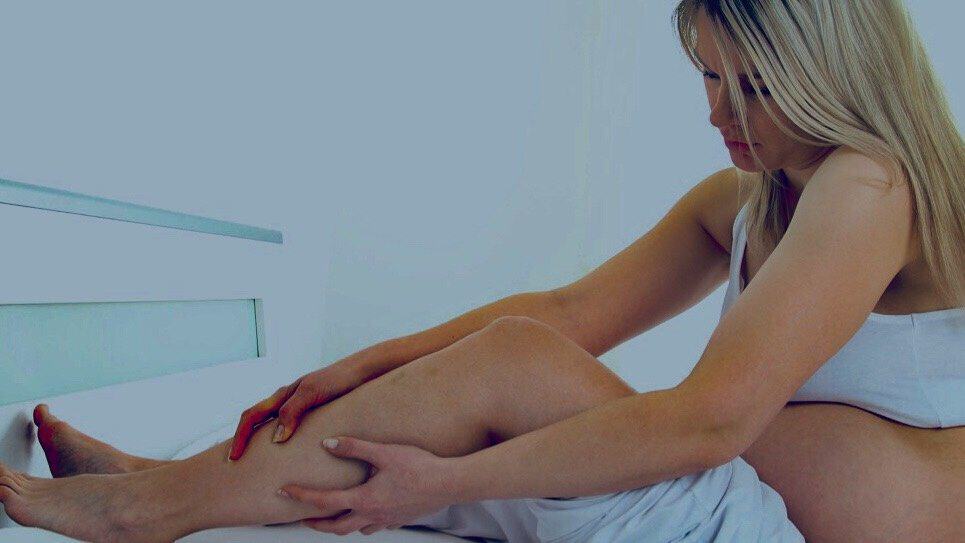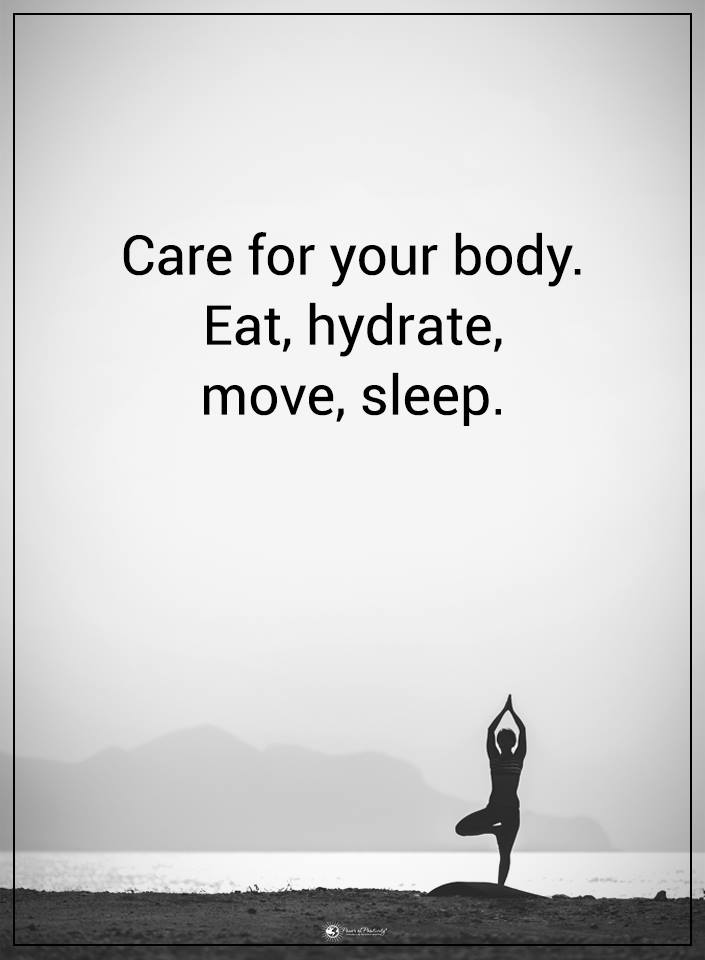Per the Cleveland Clinic, when your legs cramp Nocturnal leg cramps (NLC) are pains that occur in the legs during the night that usually cause awakening from sleep. Though NLC most commonly arises while sleeping, they may also surface during periods of inactivity.
NLC generally target muscles in the calf area, but may spread to the feet or thighs; they can also be quite painful, creating the infamous and sudden ‘tightening and knotting’ symptoms. These symptoms may last anywhere from a few seconds up to several minutes.
Systematically having legs cramp is more common in adults over age 50 but may occur in younger adults and children. NLC appears to affect both sexes equally.
Differences between NLC and Restless legs syndrome (RLS)
‘Night leg cramps, also called nocturnal leg cramps, are painful, involuntary contractions or spasms of muscles in your legs, usually occurring when you’re in bed.’ ~ Mayo Clinic
NLC is not the same as restless legs syndrome or RLS. Symptom-wise, RLS creates a nagging discomfort as opposed to the sudden and relatively severe pain of NLC patients. Another RLS symptom different from those of NLC is the desire to move the legs for symptomatic relief.
Relatedly, movement of the legs often causes the symptoms of RLS to dissipate; this is not the case with NLC, in which the affected muscles must usually be stretched out to experience relief.
What makes leg cramps happen at night?
While the underlying cause(s) of NLC is not ascertainable, most cases wherein a person acquires the condition involves one of the following lifestyle habits:
– Prolonged periods of sitting
– Standing or working on concrete floors for extended amounts of time
– Over-exertion of the muscles
– Poor posture
– ‘Slouching’ instead of ‘sitting’
Pregnancy also appears to increase the occurrence of NLC.
Medical conditions which positively correlate with NLC onset include:
– Alcoholism
– Dehydration
– Electrolyte disparities
– Endocrine disorders (e.g., diabetes, hypothyroidism)
– Kidney failure
– Metabolic problems
– Neuromuscular disorders (e.g., motor neuron disease, myopathy, neuropathy.)
– Structural conditions (e.g., ‘flat feet’, peripheral artery disease)
– Parkinson’s disease
Per the Mayo Clinic, if your legs cramp frequently, it is likely to be related to muscle fatigue and nerve problems.
The use of certain medications over a period, including beta-agonists, diuretics, and statins (blocks the production of cholesterol by the liver) may increase the risk of developing NLC.
Testing and Diagnosis
If your legs cramp during the evening hours, it is problematic for two reasons. First, and perhaps most importantly, NLC disrupts your sleep. Over the long term, the propensity to wake up when you should be sleeping may alter your circadian rhythm, throwing your sleep/wake cycle out of whack. Second, the pain can be quite severe; sometimes to the point where stretching and activating the muscles no longer seems to provide much relief.
Therefore, it may be necessary to see a licensed physician for testing and diagnosis (feel free to try the self-care tips first, though!) More than likely, the doctor will order lab work that includes tests for electrolyte imbalances.
The results will ultimately determine whether or not someone is diagnosed with NLC, RLS, or some other condition.
Preventing NLC (Self-care!)
Dehydration seems to be one of the leading causes of people who say their legs cramp at night – and is completely avoidable! With that in mind, make sure to drink plenty of fluids during the daytime. (Note: abstain from drinking too much water before bedtime, as the urge to go to the bathroom during sleeping hours won’t help.)
Speaking of pre-bedtime habits, get into the routine of stretching your leg muscles a few minutes before you go to bed. Riding a stationary bike for a few minutes may work, as well. Also, untuck any sheets or bed covers that may restrict foot movement.
Relief If Your Legs Cramp
The chances are high that, despite all of your (and/or the doctor’s) best efforts, nightly leg cramps may still happen –though they may be much rarer. In such instances, it’s helpful to have a few ideas for (hopefully!) immediate relief. Here are some suggestions:
– Take a brief warm shower or bath.
– Stand up, walk, and jiggle your affected leg(s).
– Massage the cramped muscles with your hands or with an ice pack.
– Lift the affected leg up and flex the foot upwards toward your head.
The American Academy of Orthopedic Surgeons (AAOS) also recommends:
– Applying heat to muscles that feel tense or tight.
– Holding the leg in a stretched position until the cramping ceases.
– Stopping or strictly limiting any activity that may have caused the leg cramps (see above for a partial list.)
– Use of cold packs on tender or painful muscles.
Medical Treatment
Per Medical News Today, there is no prescription medicine recommended for cramps. Instead, an over-the-counter (OTC) pain-reliever may help. Please note that no medical evidence exists that demonstrates the effectiveness of nonsteroidal anti-inflammatory drugs (NSAIDs) – Advil, Aleve, etc. – for NLC.
Supplement-wise, there is some evidence that calcium channel blockers, multivitamins, and vitamin B-12 may also help.




















